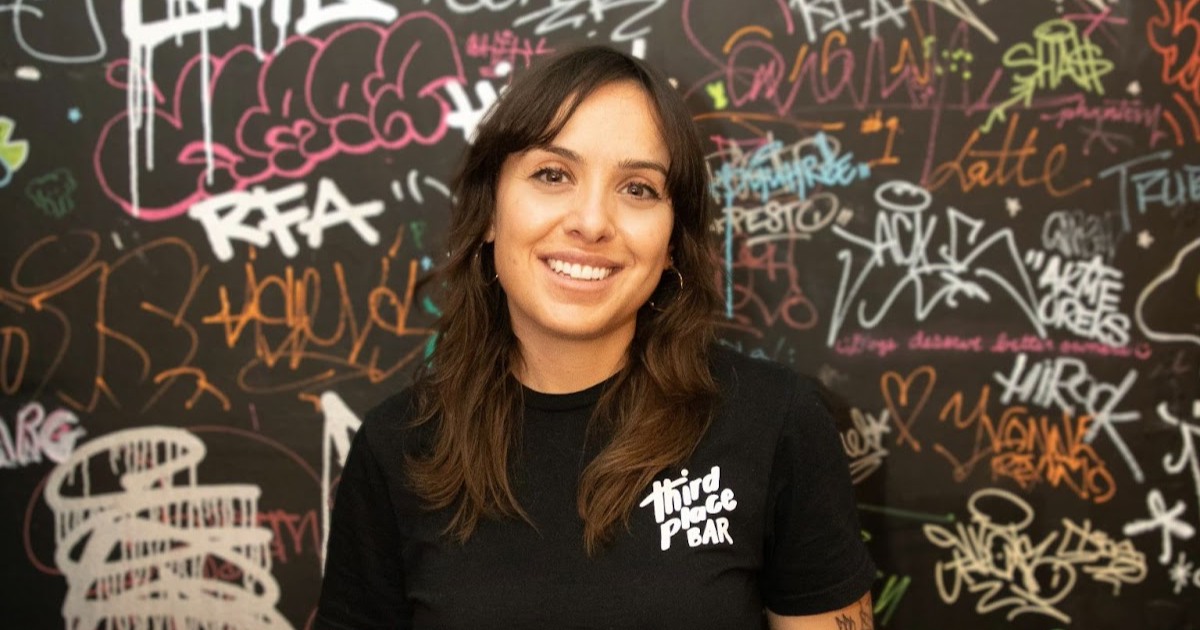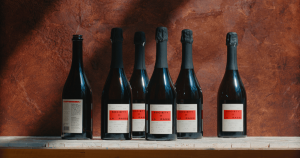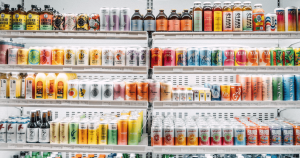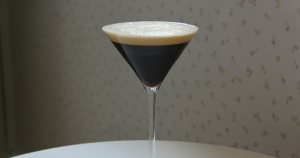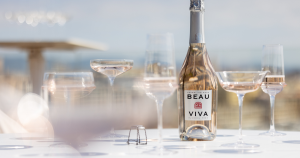By Sam Bail, Founder of Third Place Bar
In the 1980s, the sociologist Ray Oldenburg coined the term “third place” in his book, “The Great Good Place: Cafes, Coffee Shops, Community Centers, Beauty Parlors, General Stores, Bars, Hangouts, and How They Get You Through the Day”. He refers to our home and work as our first and second place, respectively, and a third place as any location where we form informal social connections. What many of these third places have in common is their accessibility: they don’t require advance planning or registration, membership, skill, interest, fixed duration of participation, or significant upfront investment. In the ideal third place, you can simply exist alongside others.
Bars as third places
When I first moved to New York City ten years ago, my local neighborhood bar quickly became my third place. I would stop by several times a week to hang out, chat with the bartenders, make friends with the regulars and their dogs, and, of course, drink. I celebrated birthdays there, met people for dates, joined a softball team with some of the regulars, and drank whiskey with the bartender when I couldn’t sleep after a painful dental procedure. Having a local bar made me feel part of the neighborhood and—thousands of miles away from my family—provided me with the sense of familiarity and bonding I needed to feel grounded in this city.
After the peak of the pandemic and several lockdowns, I was desperate to reconnect with my third places. I quickly fell back into a rhythm of going out to my neighborhood bar several times a week, just to get out of the house, or because I didn’t want to go home just yet. But this time around, I realized that the drinking felt like a chore rather than fun. Why was the only place I could go to get out of the house a place where drinking alcohol was practically mandatory? Where were the late night third places that were as easily accessible as a bar, where I wouldn’t be the weird one ordering seltzers instead of “real” drinks?
Seeking something else
Many have been lamenting the dwindling of third places in the US. To me, the jarring thing is specifically the lack of third places accessible after coffee shops close that don’t revolve around alcohol. Even in the city that never sleeps, there are only a handful of late night coffee shops left. Non-commercial spaces, such as libraries, that stay open late are almost entirely missing. Especially for those of us that work a 9 – 5 job and mostly venture outside in the evening hours, there aren’t many options that don’t require us to engage in an activity (workouts, book clubs…), buy tickets in advance, or buy and consume alcohol.
There is some hope, though: non-alcoholic drinks have seen a stellar rise in recent years, and most bars cater to non-drinkers by including at least a non-alcoholic beer on their menu. There also seems to be more of an understanding on the side of bar staff, who, occasionally sober themselves, know that the role of a neighborhood bar goes beyond being a place to consume alcohol. Even the almost oxymoronic concept of a non-alcoholic bar has become a reality, with a fully non-alcoholic bar serving New York City’s Lower East Side neighborhood (Hekate)—and they’re open late. As more and more people re-evaluate their relationship with alcohol, and as “sober curiosity” slowly becomes mainstream, I expect more of these intentionally alcohol-free third places to appear in our communities.
About the author
Sam Bail is the founder of Third Place Bar, a non-alcoholic pop-up bar in New York City. The goal of Third Place Bar is to provide a social space that has all the vibes of a neighborhood bar for all those that are sober, sober-curious, or just taking a night off from drinking alcohol. Since its launch in Dry January 2023, Third Place has hosted dozens of events from trivia nights to sober comedy shows, non-alcoholic cocktail classes, and drag brunches.
You can find more info and sign up for their newsletter at www.thirdplacebar.nyc and follow them on Instagram @thirdplacebarnyc.


